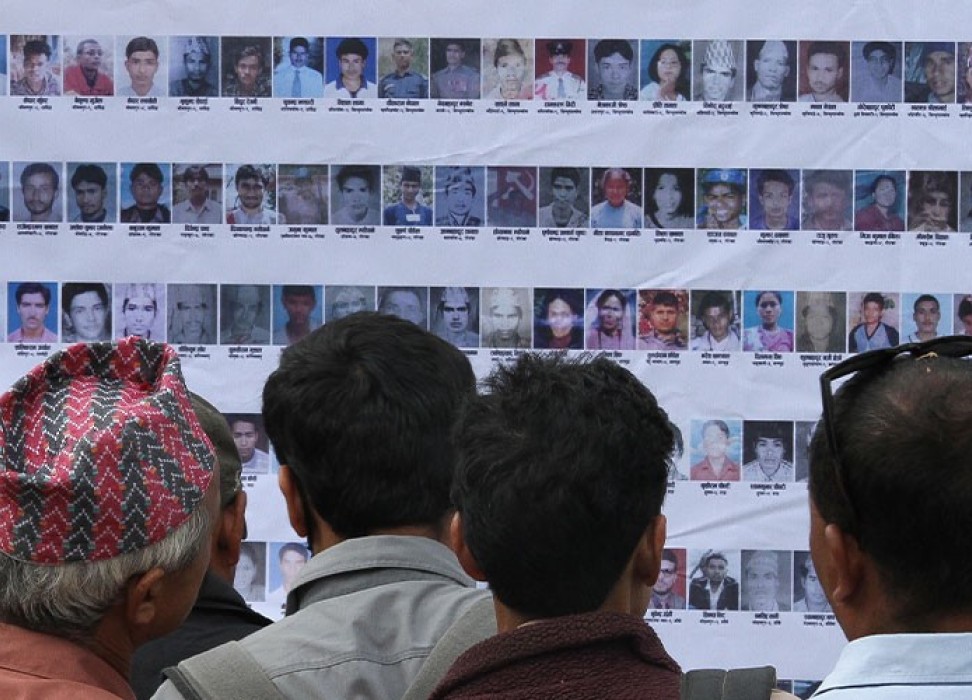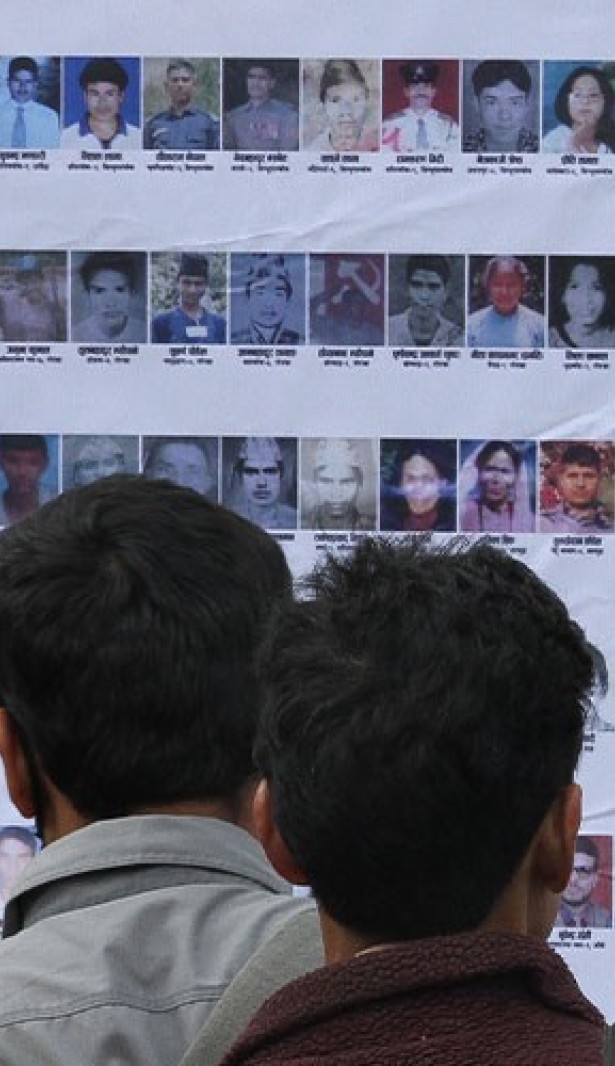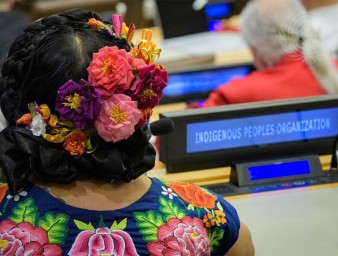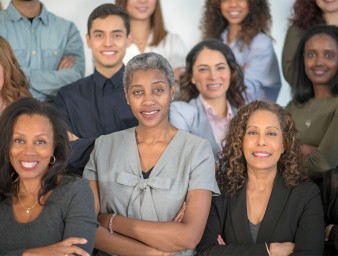Expert: Memory is a key pillar for healing, democracy and peace
05 October 2020

The memorialization process is a vital tool for enabling societies to emerge from the cycle of hatred and conflict and begin taking definite steps towards building a culture of peace, a UN expert on transitional justice said.
It is said that those who forget the past are doomed to repeat it. In transitional contexts with a history of gross human rights violations, memory of the past is essential for the compliance of the rights to truth, justice, reparations and guarantees of non-repetition, said UN expert Fabian Salvioli.
“Recognizing the serious violations of human rights and international humanitarian law is essential to restore the dignity of the victims and allow society to regain trust, moving towards a culture of peace,” said Salvioli, Special Rapporteur on the promotion of truth, justice, reparation and guarantees of non-recurrence..
Salvioli made his remarks during the presentation of his report during the Human Rights Council. The report looks at memory as an essential component –a fifth pillar-- of transitional justice processes.
There is an underlying assumption in transitional justice that past crimes – committed during armed conflict or by a repressive regime – have to be adequately addressed in order to build a democratic, inclusive and peaceful society, the report stated. Acknowledging war crimes or serious human rights violations helps citizens to regain trust, both in the State and with each other.
“The duty to carry out memory processes comes from main and secondary sources of international law,” Salvioli said. “It is an obligation and not an option for States in which violations of human rights and international humanitarian law have been committed.”
One of the concerns currently facing the memory process is what Salvioli has called the “weaponization of memory.” This is the growing tendency to manipulate information and memory to the detriment of victims, as well as stigmatizing certain communities and propagating hate speech that encourages violence.
“This occurs in social networks, contributing to polarize and radicalize violence in the behavior of society,” he said. “Concrete State actions are necessary to respond to these challenges, adapting national laws to that effect.”
The voices of victims must play a clear role in the construction of memory, Salvioli said. This helps to establish a “dialogic truth” – that is create conditions for a debate that allows affected populations to explain a brutal past, without justification, “dignifying victims, alleviating existing tensions and allowing society to peacefully coexist with the legacy of past divisions, without falling prey of dangerous relativisms, homogenous ways of thinking, or the denial of the violations committed.”
One of the best ways to ensure that the memorialization process is effective, is to protect archives, Salvioli said. The report recommends that the archives of State agencies and civil societies be properly maintained and accessible.
“Protecting and accessing files is another key element,” he said. “States at all levels must ensure unrestricted access to documentary archives, and the United Nations must establish procedures to share its own archives, which are important to clarify the past of many societies, helping to fulfil the right to the truth.”
5 October 2020




